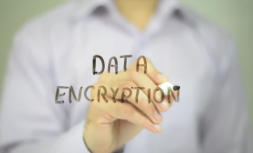BitLocker is a disk encryption feature available in certain editions of Microsoft Windows, such as Windows 10 Pro, Enterprise, and Education, as well as older versions like Windows Vista and Windows 7 Professional and Ultimate. It helps protect data by providing the following:
- Full-Disk Encryption: BitLocker encrypts the entire disk drive, including the operating system and any files stored on it. This ensures that if the device is lost, stolen, or accessed by unauthorized users, the data remains secure.
- Data Protection: By encrypting the disk, BitLocker prevents unauthorized access to data. Even if someone tries to access the drive by connecting it to another device, they won’t be able to read the information without the appropriate unlock credentials.
- Integrity Checking: BitLocker employs integrity checking to ensure that the data has not been tampered with. It checks the system at boot time to verify that everything is in order.
- Trusted Platform Module (TPM): BitLocker works in conjunction with a TPM chip (if available) on compatible devices, which securely stores the encryption keys. When the system boots up, the TPM verifies the integrity of the boot process before unlocking the drive.
- Recovery Options: BitLocker provides recovery options if you forget your password or lose access to your recovery key. Users can choose to save a recovery key to a USB drive, print it, or store it in their Microsoft account.
- Flexible Setup: Administrators can configure BitLocker settings, including password requirements and how the encryption keys are stored. It can be managed through the Windows GUI or through command-line tools.
- Compliance and Security: Organizations use BitLocker to comply with data protection regulations and enhance overall data security, particularly for sensitive business information.
Overall, BitLocker is a robust tool for safeguarding information on Windows devices, making it a popular choice for both individuals and businesses looking to enhance data security.
